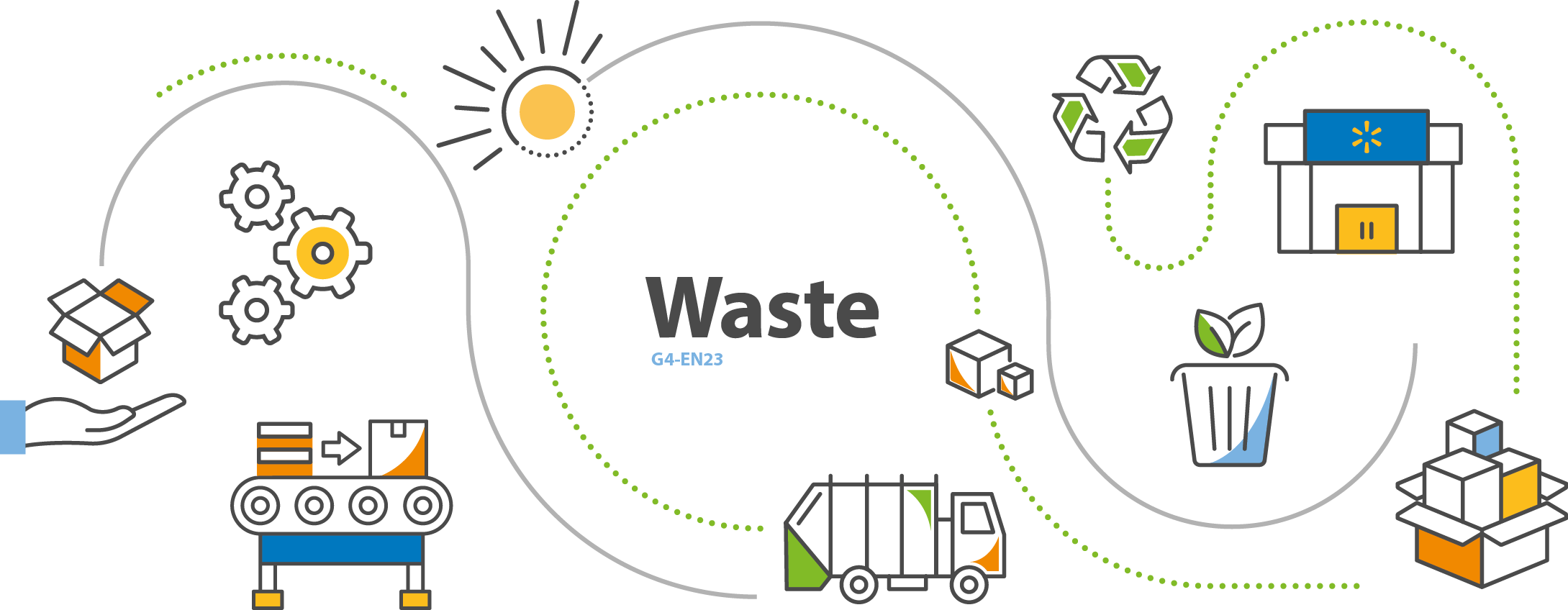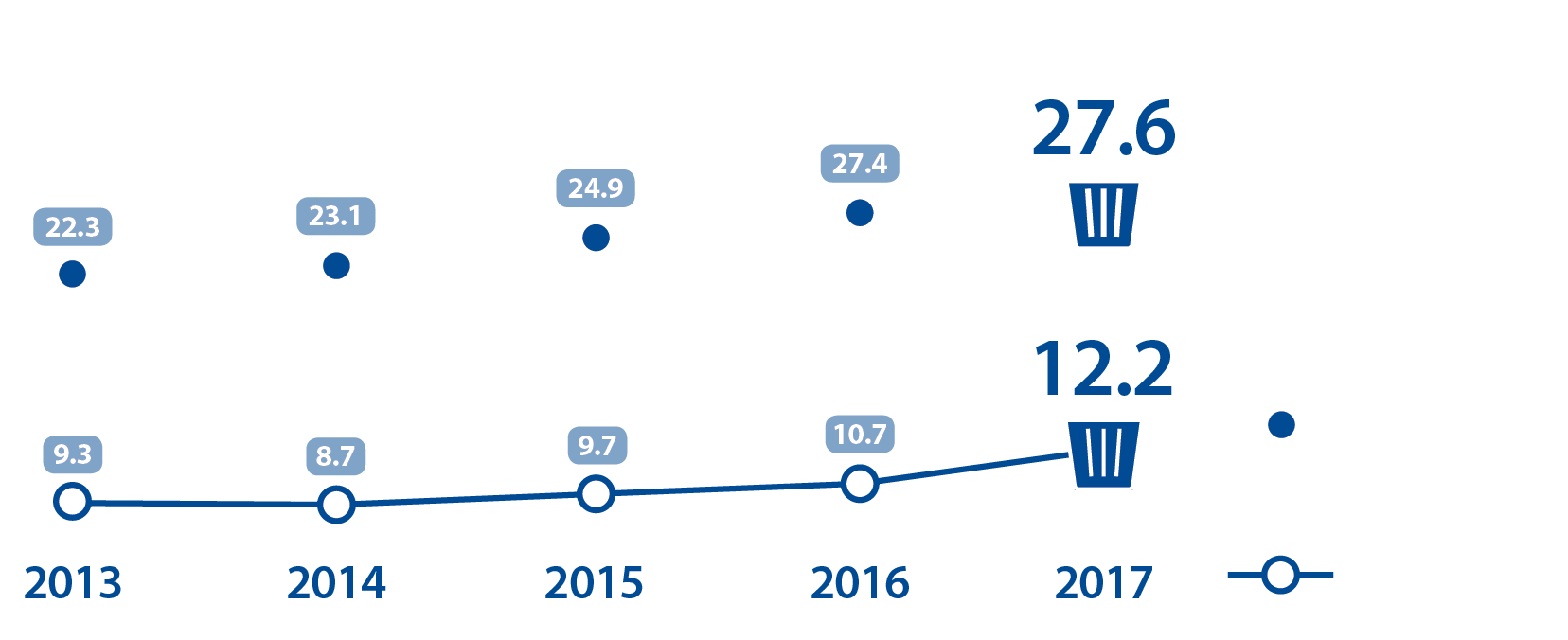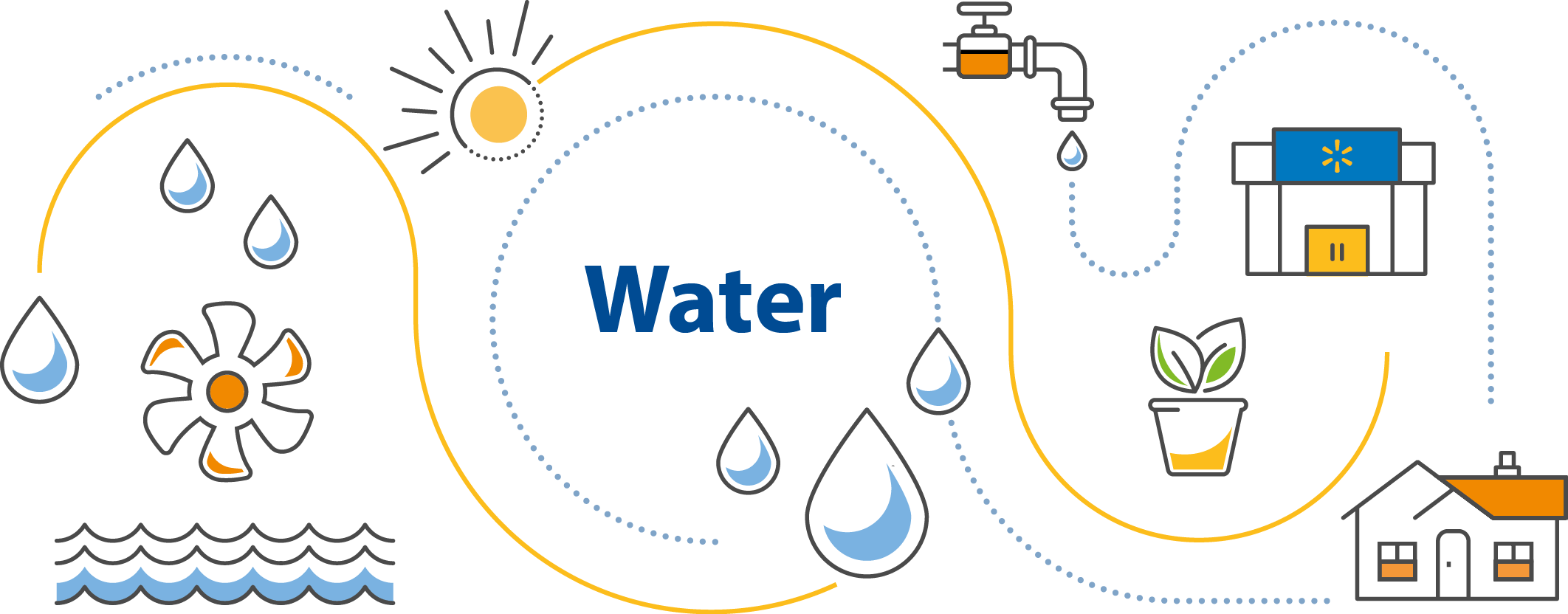Moving towards
a circular economy
Our ambition is to drive a more circular economy, with closed material flows. Our efforts are aimed at avoiding the waste of resources and the need to send wastes from our operations to landfills.
Waste
G4-EN23










Our goal is to avoid food waste and to maximize recovery so as to reduce waste by half in our stores and processes by 2025, as compared to the baseline set in 2016.
Reducing the amount of waste in our operation is a priority. We are fully aware that waste products are poorly used resources that increase costs for our business, our customers and society, in general.
Progress towards our Zero
Waste goal

73%
50%
Intensity of waste generation
(kg/m2)
451,657 ton of waste generated
66.8%
Recycled
0.5%
Composting
1.7%
Reused
31%
Sent to landfills
Strategy to reduce
50% of food waste

Food waste reduction
at the source
Food donation
Animal feed
Composting
Post-consumption recycling
Customers programs
Recycling in benefit
of your community
In an alliance with Coca-Cola/Ciel, 400 containers were set up at Superama, Walmart Supercenter, and Sam’s units to receive PET bottles and aluminum cans for recycling into desks and chairs to be donated to different communities. We have collected 6.8 tons and made two first-time donations of 100 school desks to Nicolás Romero and 10 park benches to Cuautitlán Izcalli, in the State of Mexico.
Recycled Cans
In cooperation with Herdez, reverse-vending machines were installed to collect tin cans, in 20 Walmart Supercenter and Superama units. During the program lasting 4.5 months, 106,407 cans were collected for recycling, equal to 3.5 tons of material to then manufacture solar heaters for communities with scarce resources.
Packaging
and Materials
G4-EN1, G4-EN2
We prefer to use products made with renewable or recycled materials for internal supplies in our operating units, especially paper products, plastic bags, and cleaning materials that are easily bio-degraded.
Reusable bags
7.6 Millones
pieces
30%
purchases increase
vs. 2016
Bags per customer
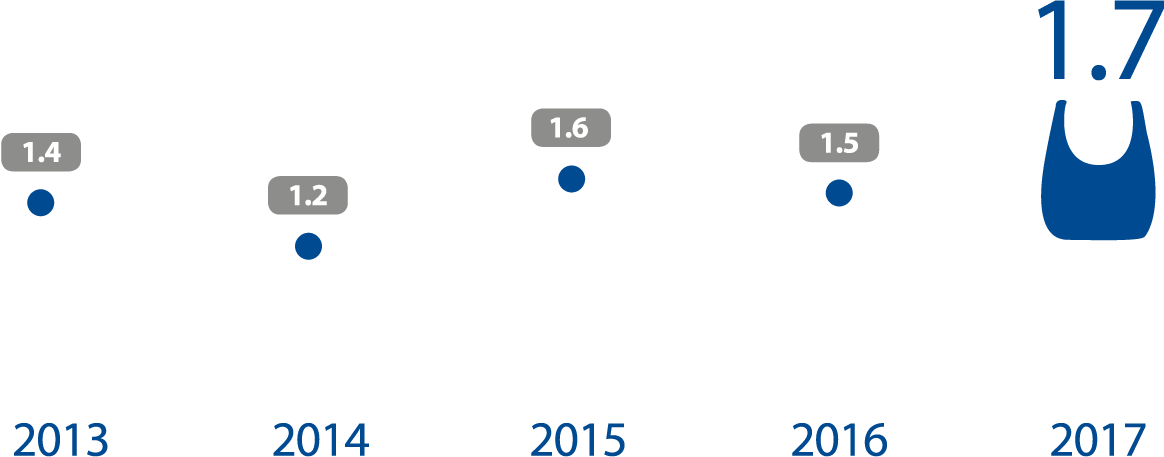
Renewable materials
24,875 ton
11%
Bond paper
81%
Sanitary
paper
7%
Other cellulose
by-products
1%
Wood
Non-renewable materials
85,061 ton
40%
Plastics
54%
Fuels
6%
Chemicals
Materials with recycled
content
G4-EN28
24,101 ton
11.5%
Plastics
74%
Paper
14.5%
Bags
Sustainable
Packaging
We want the packaging for Our Brands products to be recyclable. The Guidelines for Sustainable Packaging from Walmart Inc., was adapted to the reality of Mexico, with three priorities:
- Package optimization
- Renewable and recycled materials use
- Recycling-friendly designs
The implementation of these guidelines shall begin in 2018
Retail-Ready Packaging
This began with the use of display-ready packaging (easy fill) at our stores, with greater use of corrugated board as the primary material, and designs that make unpacking of boxes easier so they can be sent to be recycled.
Water














As compared to other industries, the retail business has relatively low levels of direct water use. Nevertheless, we are aware that water availability in certain areas of the region is limited. For this reason, we continue working to preserve the quality and quantity of water availability, improving the efficient use rate in our operations, the treatment of waste water, and recycling wherever possible.
We are also very clear on the fact that our supply chains may require significant quantities of water for their production processes. It is precisely here where there are great opportunities for collaboration with our suppliers regarding efficient water use and reducing supply risks due to water scarcity.
13,020,905m3 Total Consumption
G4-EN8
1.5%
Wells
98.5%
Municipal
supply*Mexico
Intensity of water consumption
(l/m2)
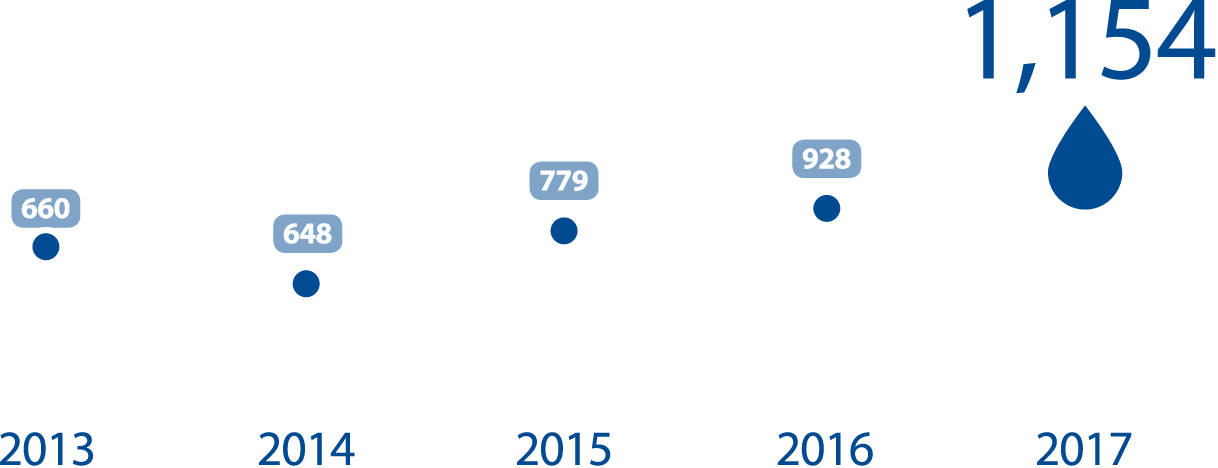
Water use and reutilization(m3)
G4-EN10
7,315,609
1,686,592
7,247,847
1,756,375
8,897,797
1,890,827
10,180,505
1,701,676
13,020,905
1,667,910

2013
2014
2015
2016
2017
Total consumption
Reutilization
1,046 Treatment plants
G4-EN22

756
290
